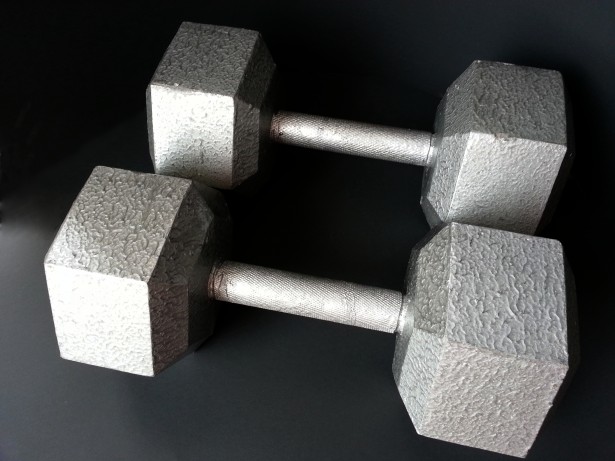
One of the things modern society has abandoned is it’s use of sleep to heal physical and psychological wear and tear. Firstly, with artificial lighting, we go to bed far too late. We also stare directly at light sources (e.g.: televisions, computer screens, video games, tablets, smart phones, etc) which fools our brains into thinking we are still in daylight hours. This confuses our circadian rhythm and spikes our adrenaline and cortisol releases which keeps the body from truly winding down. Second, we ingest high sugar snacks after super, firing up our brains — which feed primarily on sugar — and again, fooling the body into thinking we want it revved up.
Even with decades of sleep studies under our belt, we still don’t know exactly why we sleep. However, we do know the effects of too little sleep. Emotions take the most direct hit. And then mental ability. The last and least affected is our physical prowess. Tests have shown that sleep deprivation on young subjects decreased their moods and mental abilities but not their VO2 max tests. However, lack of sleep will eventually curb physical recovery as well.
By studying historical documents, historian A. Roger Ekirch has proposed that in the pre-industrial (i.e.: prior to house hold electricity), going all the way back to the middle ages, people not only went to sleep at sundown, but awoke for about an hour in the “mid” night — around 1 to 2 A.M. This was commonly practiced and was seen as a time of uninterrupted and clear minded reflection, relaxation and contemplation. This “mid-night” wakefulness was then followed by sleep for several more hours.
Lack of sleep has been shown to increase cortisol levels which decreases testosterone. Bad news for men. Especially middle aged men. By pooling all of the evidence surrounding sleep studies, the main concept we’ve discovered is that sleep is nature’s “virus protection software.” It is the time when the mind takes out unnecessary information and organizes thoughts and emotions into neatly ordered and classified orders. Parents of newborns can atest to the preciousness of sleep as they most often go without it for the first time in their lives. And seeing as we do it a full one third of our lives, it is clearly a vital part of our health. It is this single activity which our bodies demand we perform more than any other single duty in our lives. Yet modern society is chronically under rested. Day-time laziness does not make up for poor night time sleep. In fact, it perpetuates bad sleep and promotes unproductive behaviour.
A Suggested Cure
Sleep medication is one of the most often prescribed item in our day and age. Yet sleep is available to all of us without pharmaceuticals. There is no problem in temporarily using sleep meds, but the goal should be to overcome sleep issues by following the simple rules of biology.
Here is a brief list of “to do’s” when it comes to sleep:
1. Do not eat within an hour of sleep time
2. Do not eat high sugar foods or caffeinated substances within 4-5 hours of sleep time
3. No electronics 90 minutes prior to sleep
4. Bedroom should be devoid of computers, televisions, game consols, stereos, phones, etc. It should be completely dedicated to sleep
5. Start your “wind down” period 2 hours prior to your designated sleep time (which should be prior to 11 PM)
6. Take a hot bath (perhaps by candle light with a book) 90 minutes before sleep time
7. Find quiet place to relax and do something enjoyable or meditate after your bath (not bedroom)
8. 45 to 30 minutes before sleep time, go to bed and have soft lighting by which to rest, relax or read
9. When your eye lids begin falling, don’t fight sleep. Turn off the lights and go to sleep
For those in noisy apartments or who live with others, a “white noise” maker and ear plugs can help block out noise. And remember, the best way to fight off sleep is to try too hard to fall asleep. Your job is NOT to fall asleep, but to follow the above rules and then rest your body. Sleep will come all by itself.
We are chronically overworked and under rested. As a consequences we’ve seen a rise in anxiety disorders and sleep problems. Both of which are purely the result of too much stress and not enough true rest. Build fun into each day. Grown ups should have a healthy dosage of an “inner child” and allow themselves to have fun. Wind down properly at night, stop caring about what other people think, remember that your self worth has nothing to do with how much money you make or how thin you are, and treat yourself to a good night’s sleep!
P.S. the body loves routine and is built to follow it. Go to bed at the same time every night. If you’ve had troubles sleeping in the past, don’t expect miracles to happen overnight. You’ll probably struggle for some time. But eventually, your body will fall in line. It is designed to.






